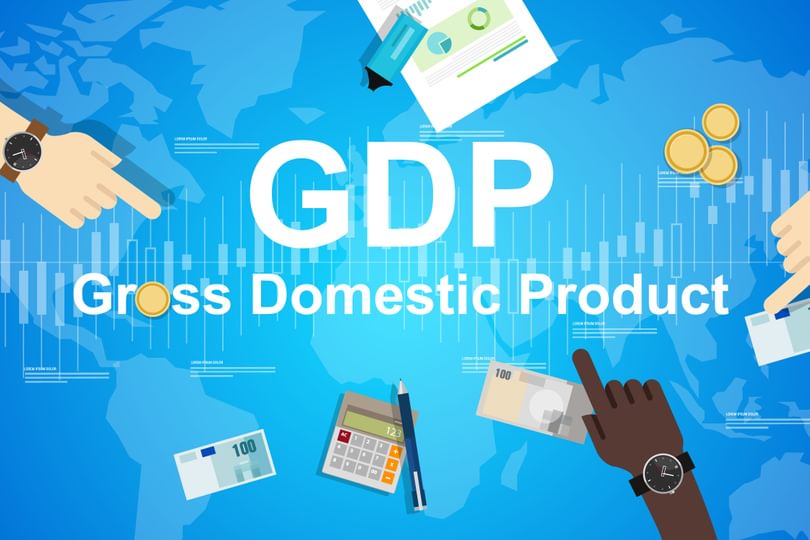
Gross Domestic Product: three words that can decide elections, influence political decisions, and determine whether a country can keep borrowing or will be thrown into recession. Economist Diane Coyle will argue why GDP is increasingly inappropriate for the twenty-first-century economy.
This talk will be followed by a book signing and a drinks reception, all welcome
This talk will be live webcast on YouTube: https://www.youtube.com/watch?v=Ck12yaw5Tzc
About the speaker
Diane Coyle is a Professor of Economics at the University of Manchester and founder of the consultancy Enlightenment Economics. She was a BBC Trustee for over eight years, and was formerly a member of the Migration Advisory Committee and the Competition Commission.
She specialises in the economics of new technologies, markets and competition, and public policy, and has worked extensively on the impacts of mobile telephony in developing countries.
Her most recent book is GDP: A Brief but Affectionate History (Princeton University Press), and others include The Economics of Enough: How to run the economy as if the future matters, and The Soulful Science.
She was previously Economics Editor of The Independent and before that worked at the Treasury and in the private sector as an economist. She has a PhD from Harvard. Diane was awarded the OBE in January 2009.
On Twitter: @diane1859
About the book
GDP: A Brief but Affectionate History (Princeton University Press)
Why did the size of the US economy increase by three percent on one day in mid-2013 - or Ghana’s balloon by 60 percent overnight in 2010? Why did the UK financial industry show its fastest expansion ever at the end of 2008 - just as the world’s financial system went into meltdown? And why was Greece’s chief statistician charged with treason in 2013 for apparently doing nothing more than trying to accurately report the size of his country’s economy? The answers to all these questions lie in the way we define and measure national economies around the world: Gross Domestic Product. This entertaining and informative book tells the story of GDP, making sense of a statistic that appears constantly in the news, business, and politics, and that seems to rule our lives - but that hardly anyone actually understands.
Diane Coyle traces the history of this artificial, abstract, complex, but exceedingly important statistic from its eighteenth- and nineteenth-century precursors through its invention in the 1940s and its postwar golden age, and then through the Great Crash up to today. The reader learns why this standard measure of the size of a country’s economy was invented, how it has changed over the decades, and what its strengths and weaknesses are. The book explains why even small changes in GDP can decide elections, influence major political decisions, and determine whether countries can keep borrowing or be thrown into recession. The book ends by making the case that GDP was a good measure for the twentieth century but is increasingly inappropriate for a twenty-first-century economy driven by innovation, services, and intangible goods.